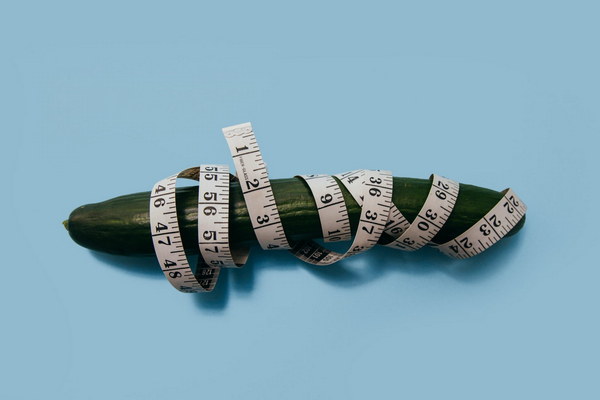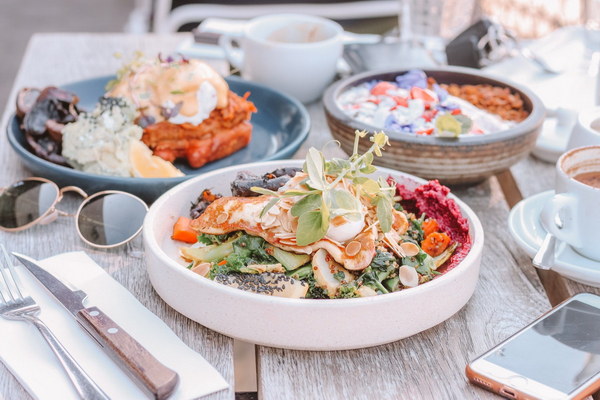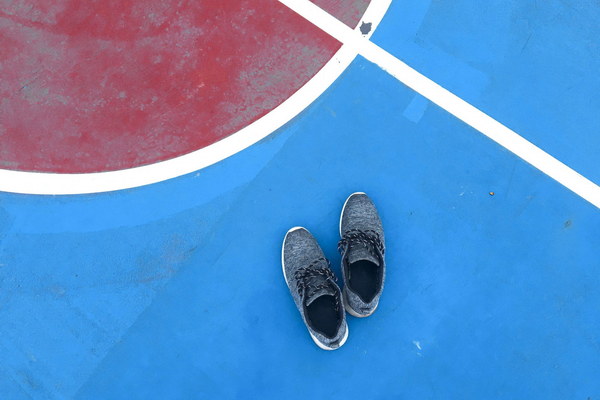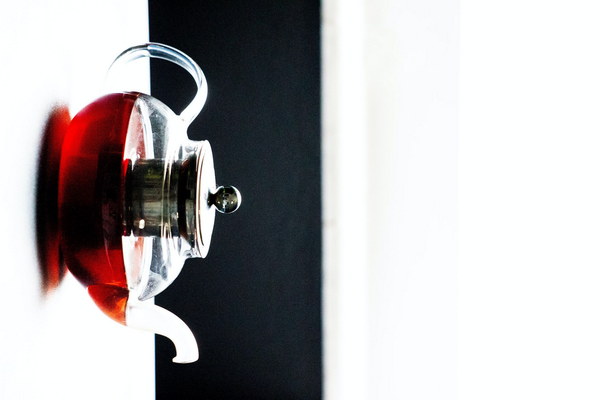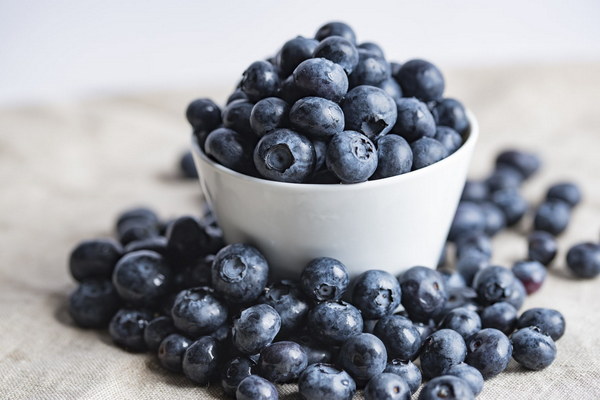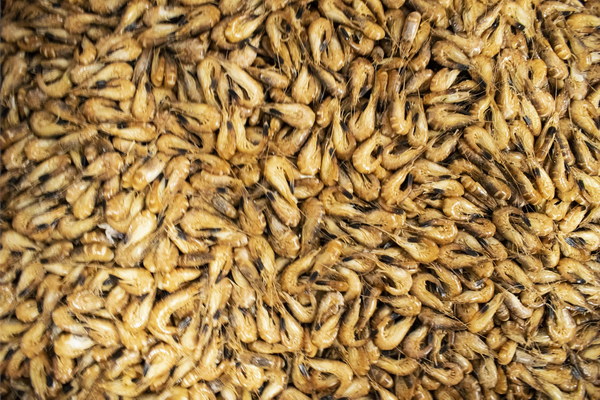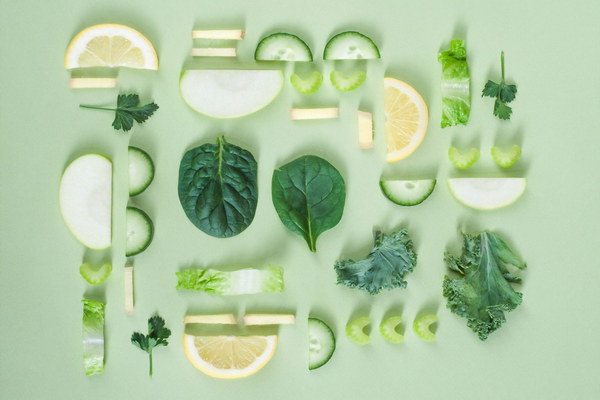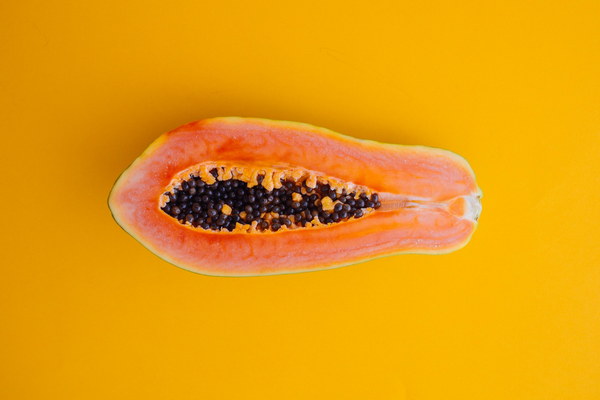Should You Salt Your Meals for Liver Protection
Introduction:
Liver health is a crucial aspect of overall well-being. With the increasing prevalence of liver diseases, many individuals are on the lookout for ways to protect their liver. One common question that often arises is whether or not adding salt to meals is beneficial for liver health. In this article, we will explore the relationship between salt consumption and liver protection, and provide insights on how to maintain a healthy liver.
The Role of Salt in Liver Health:
Salt, also known as sodium chloride, is an essential nutrient required for the proper functioning of the human body. However, excessive salt intake can have adverse effects on liver health. Let's delve into the relationship between salt and the liver:
1. Sodium Retention:
When you consume salt, your body retains more water to balance the sodium levels. This can lead to increased blood volume and blood pressure, which puts extra strain on the liver. The liver is responsible for filtering blood, and an excessive workload can lead to liver damage over time.
2. Liver Cirrhosis:
Chronic liver diseases, such as cirrhosis, are often associated with excessive salt intake. High sodium levels can exacerbate the progression of liver cirrhosis, leading to further liver damage. It is essential to monitor salt consumption if you have pre-existing liver conditions.
3. Fatigue and Edema:
Excessive salt intake can cause fluid retention in the body, leading to symptoms like fatigue, bloating, and edema. While these symptoms are not directly related to liver damage, they can impact overall well-being and may indicate an underlying liver issue.
4. Liver Function:
The liver plays a crucial role in metabolizing and excreting sodium. Excessive salt intake can overwhelm the liver's capacity to perform these functions, potentially leading to liver dysfunction.
Salt Consumption and Liver Protection:
While excessive salt intake can be harmful to the liver, moderate salt consumption is essential for maintaining overall health. Here are some tips to ensure you are consuming salt in a way that promotes liver protection:
1. Read Food Labels:
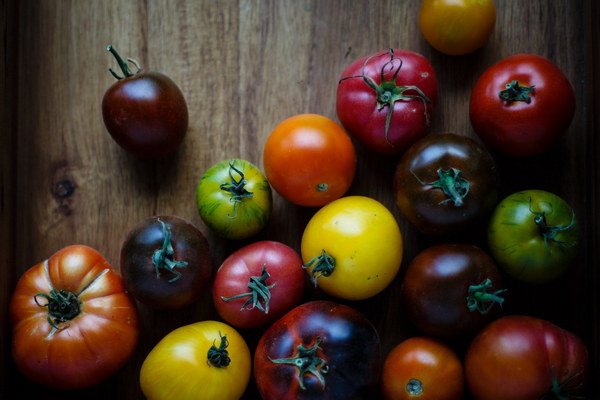
Be mindful of the amount of salt added to processed foods. Many packaged foods contain high levels of sodium, which can contribute to excessive salt intake. Read food labels and opt for low-sodium alternatives when possible.
2. Use Herbs and Spices:
Instead of relying on salt for flavor, use herbs and spices to enhance the taste of your meals. This not only adds variety to your diet but also reduces sodium intake.
3. Cook at Home:
Cooking at home allows you to control the amount of salt used in your meals. Use fresh ingredients and seasonings to create flavorful dishes without relying on salt.
4. Limit Sodium-Rich Foods:
Foods like processed meats, canned goods, and snack foods are often high in sodium. Try to limit your intake of these foods and opt for healthier alternatives.
5. Stay Hydrated:
Drinking plenty of water helps maintain normal kidney function, which aids in excreting excess sodium. Staying hydrated can also support liver health.
Conclusion:
In conclusion, while salt is an essential nutrient, excessive salt intake can be harmful to liver health. By monitoring your salt consumption, using herbs and spices for flavor, and opting for healthier alternatives, you can help protect your liver. Remember, a balanced diet and a healthy lifestyle are key factors in maintaining optimal liver health.
